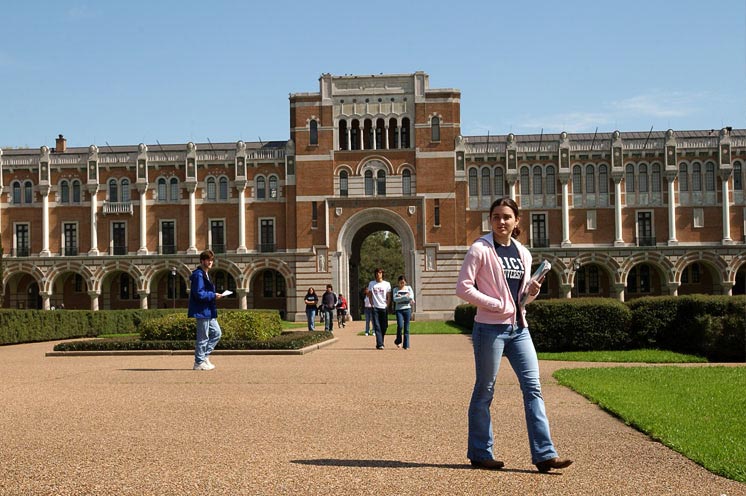The Kinder Institute announced last week three new research projects being undertaken by Rice faculty and post-doctoral fellows on three urban topics important to the future of Houston: how refugees are acclimating to Houston; why Latino voter participation in Houston is so low; and how Houston’s suburban development grew over time, driven by the initiative of private developers.
You can read the details of these projects elsewhere in the Urban Edge. But I want to talk about why these projects are important.
This is the first time in three years that the Kinder Institute has funded research projects across the campus, and we’re excited about connecting with other Rice University folks on important urban Houston research projects. We put out a call for proposals last fall — and we got many more proposals than we could afford to fund this time around. We’re hoping to fund a wide range of projects in the future.
Those of you familiar with the Kinder Institute and the work of Dr. Stephen Klineberg’s Kinder Houston Area Survey know that Rice has an excellent Department of Sociology, which originally formed the basis for the Kinder Institute’s work. But Rice is much more than that. For example, our three funded research projects include researchers from the Rice School of Architecture, the James A. Baker Institute for Public Policy, the Department of Political Science, and the Rice University Program in Jewish Studies.I talk often in this column about how important it is to us at the Kinder Institute that we’re located in Houston. As one of the largest and most diverse cities in the country, it’s a great urban laboratory, providing a place where we can study urban issues and try to solve them. But it’s just as important that we are located at Rice — one of the nation’s great universities, and one with an amazing range of research capacity, which we hope we can call upon more and more in the future.
And that’s only scratching the surface. As we have reached out across campus, we have begun talking with professors of engineering, history, statistics, economics, computer science, business and many other disciplines. In fact, whenever I think about a new research project, the first thing I do is ask around to see who on campus we can connect with.
It only makes sense for the Kinder Institute to leverage Rice’s intellectual resources as much as possible. After all, I’ve only been here for a year. Kinder’s only been around for five. But Rice has devoted more than a century to creating one of the greatest research engines in the United States. You can expect to hear a lot more about Houston as a city — and how to make it better — not just from us at Kinder, but from our partners all over campus.

